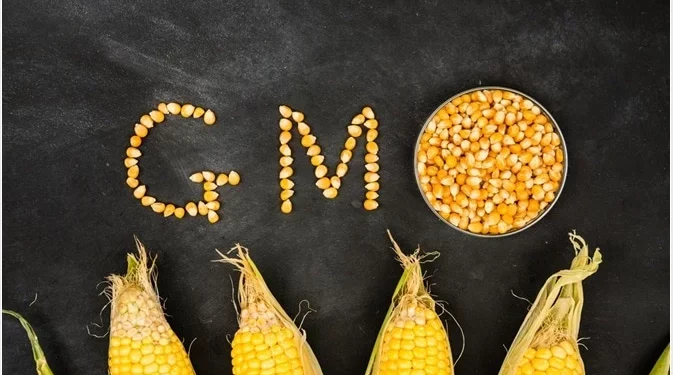Peasant Farmers Association of Ghana condemns Gov’t’s approval and commercialization of 14 GMO products
The Peasant Farmers Association of Ghana has vehemently criticized the government’s recent decision to approve the commercialization of 14 novel Genetically Modified (GM) products through the , (NBA).
Expressing deep disappointment and concern, the association argues that this move will jeopardize Ghana’s agricultural sector, making farmers dependent on multinational seed companies for seeds.
The approved GM products, which include eight maize and six soya bean varieties, come on the heels of the release of GM cowpea in 2022, further fueling fears that Ghanaian farmers are being sidelined in favor of multinational interests.
The association accuses the government of promoting the agenda of global seed giants such as Bayer, Corteva, Syngenta, and Group Limagrain, which control over 50% of the global seed sector.
Contrary to promises made by the then Minister for Food and Agriculture, Dr Owusu Afriyie Akoto in 2020, who assured farmers of the nation’s capability to produce high-yielding and disease-resistant plant varieties through traditional breeding methods without the need for GMOs, the recent approval has left farmers disillusioned and concerned about the future of Ghana’s agricultural sovereignty.
The Peasant Farmers Association further argues that GMOs are not the solution to Ghana’s agricultural challenges. Despite limited government support, Ghanaian farmers have managed to produce significant quantities of food using locally saved seeds and new varieties released by local seed breeders.
However, they face challenges such as climate change, limited mechanization, difficulty accessing finance, high post-harvest losses, and rising input costs, which require urgent attention.
The association warns that the approval of GM crops marks the beginning of Ghana’s loss of control over its indigenous agricultural system, leaving it vulnerable to the whims and interests of powerful multinational corporations. They caution that Ghana risks losing its unique indigenous foods and seed varieties, compromising public health, and undermining food sovereignty.
Furthermore, the association disputes claims that GM crops require fewer chemical treatments, citing evidence from other countries like the USA, Argentina, and South Africa where farmers incur higher costs due to the expensive nature of GM seeds, which need to be purchased every season.
The Peasant Farmers Association in a statement issued on Tuesday, April 9, 2024, is demanding immediate reassurance from the Ministry of Food and Agriculture that the ongoing Planting for Food and Jobs (PFJ) 2.0 initiative will not include GM varieties.
The association has directed all farmers to reject any GMO seeds supplied by the government or any other entities.
Additionally, the association calls for transparency from the NBA, urging the immediate release of the approval processes and procedures, as well as appropriate labeling for these GM varieties to enable informed decision-making by farmers and consumers.
The Peasant Farmers Association has vowed to resist any attempts to reintroduce colonialism into Ghana’s food space under the guise of technological advancement. They plan to collaborate with other stakeholders to strategize and implement their next course of action to safeguard Ghana’s agricultural sovereignty and the interests of its farmers.
Source: Norvanreports


